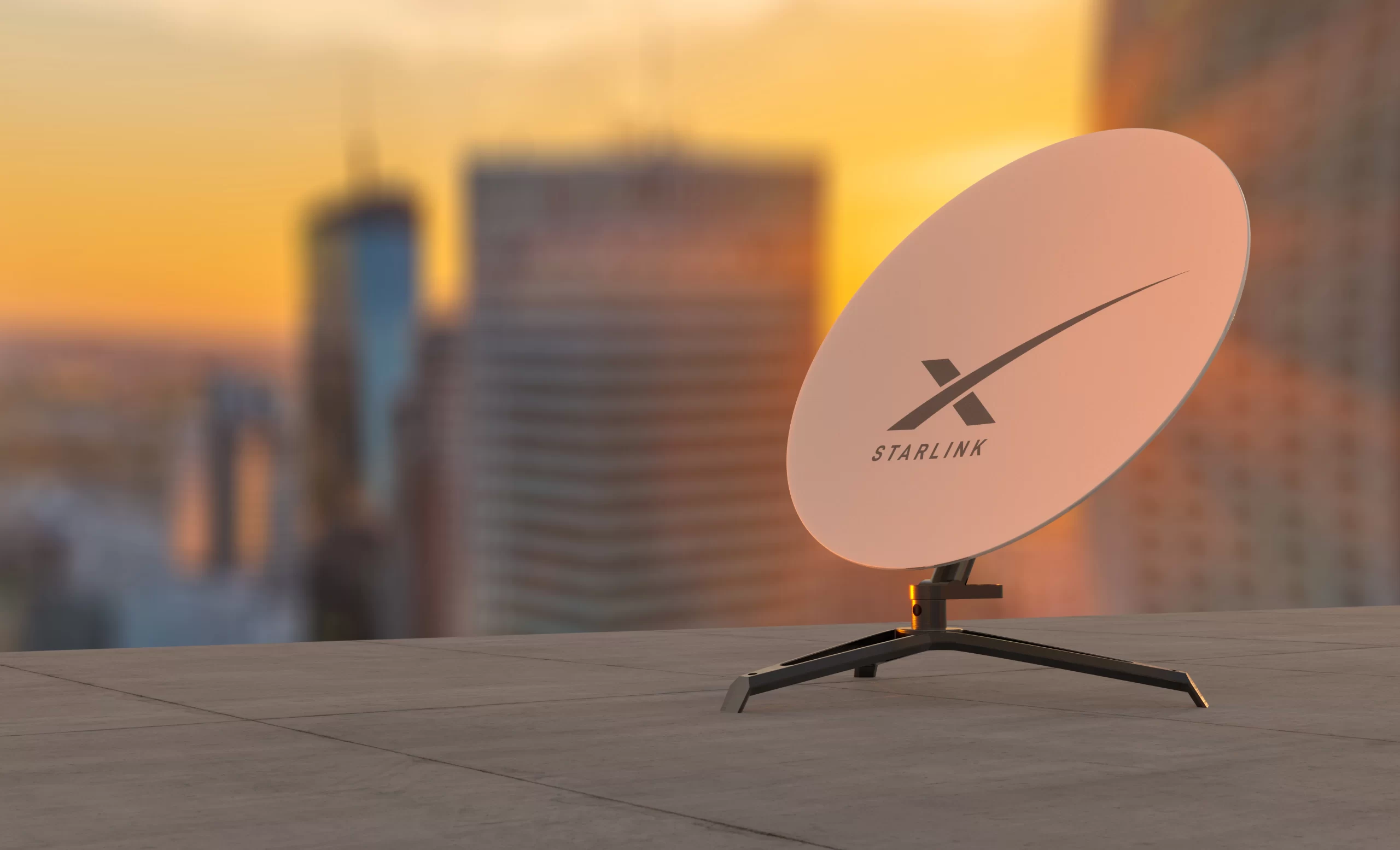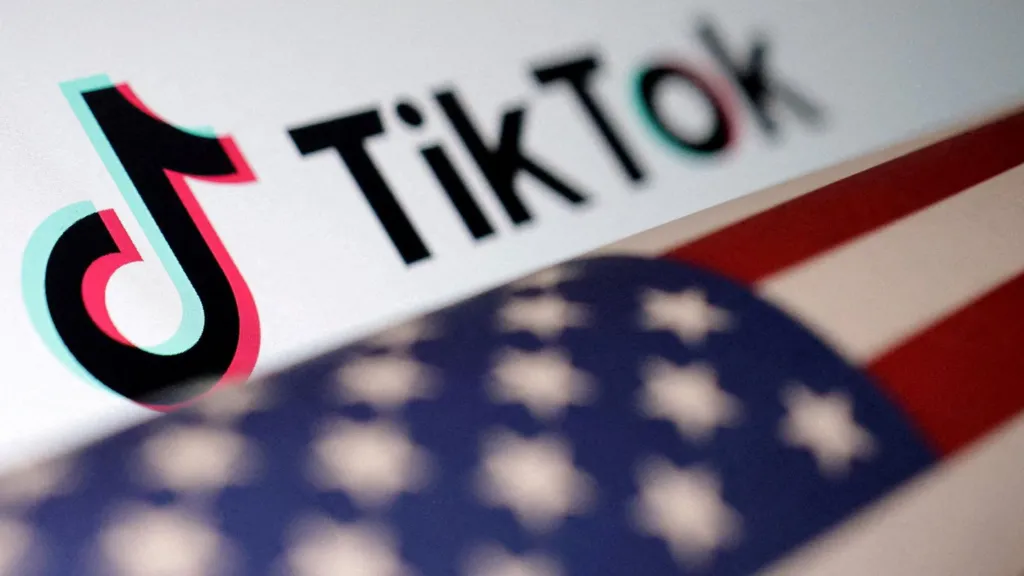The entry of Starlink, the leading satellite internet provider, into Nigeria’s telecommunications market is intensifying pressure on both telecom operators and Internet Service Providers (ISPs). As Starlink, known for its extensive satellite constellation and competitive broadband services, begins setting up ground stations in key locations such as Lagos, Ogun, and Rivers States, local telecom and ISP companies are facing significant operational and financial challenges.
Starlink’s recent acquisition of approximately 29,000 acres for ground station development is expected to bolster its presence and further disrupt the market. The competition is particularly fierce given the existing struggles faced by Nigerian telcos and ISPs, including rising operational costs, multiple taxation, and the depreciation of the naira.
Local providers like Nigcomsat, Avanti, Yahsat, and Eutelsat are particularly vulnerable, as Starlink’s advanced, high-speed internet service poses a direct challenge to their market share. The Chief Executive Officer of eStream Network, Muyiwa Ogungboye, has expressed concerns that Starlink’s entry might undermine the investments made by indigenous ISPs, who have already invested heavily in infrastructure for underserved areas.
Gbolahan Awonuga from the Association of Licensed Telecoms Operators of Nigeria (ALTON) warned that Starlink’s dominance could lead to the extinction of smaller ISPs and stagnation within the telecom sector unless regulatory measures are implemented to ensure fair competition.
Despite these concerns, the deployment of Starlink is expected to provide significant benefits to Nigerians, particularly in remote and underserved regions. Azeez Amida, CEO of Pan African Towers, noted that while Starlink could be both a threat and an opportunity, the widespread adoption of 5G technology in Nigeria might present a greater challenge to satellite-based solutions.
Karl Toriola, CEO of MTN Nigeria, highlighted the sector’s dire situation, noting a dramatic decline in profitability due to rising costs and operational difficulties. MTN Nigeria reported a loss of N575.69 billion in its Q1 2024 results, a stark contrast to its previous profits, driven primarily by foreign exchange losses.
Since its launch in January 2023, Starlink has quickly expanded its subscriber base, with a 113% increase in the first three months and a total of 23,897 active subscribers by the end of 2023. This rapid growth shows the significant impact Starlink is having on the Nigerian internet market, where there are currently 245 licensed ISPs, though only 106 have active customers.
As Starlink continues to develop its infrastructure and expand its reach, the Nigerian telecom sector will need to adapt swiftly to remain competitive and address the evolving needs of the country’s internet users.
















